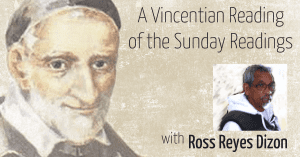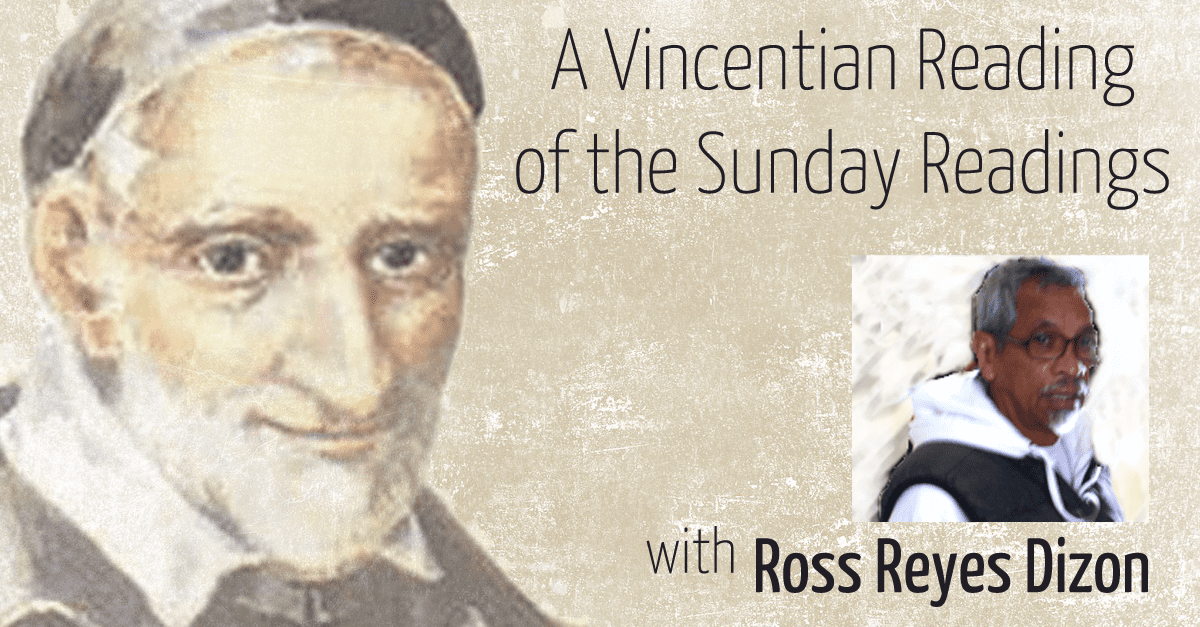Family of an unusual love
 God wants us, who belong to his family now, to love to the end.
God wants us, who belong to his family now, to love to the end.
Interestingly, bêt’āb in Hebrew, literally “the father’s house,” is translated too as “family,” which indicates the patriarchal character of the Hebrew family. But, of course, there is in God no male chauvinism that “patriarchal” may connote.
God means the total and mutual love between the Father and the Son that is personified in the Holy Spirit. This love overflows, pouring itself into our hearts. Hence, to be grafted into God’s Family, each family must be characterized by total, mutual and overflowing love, and earnestly take the Holy Family as exemplary model.
Jesus, Mary and Joseph love God with all their being and their neighbors as themselves. Surely included among neighbors are widows, orphans, foreigners, afflicted and excluded people. Later on, Jesus, as a teacher, will affirm the supreme importance of “the two commandments of love that sum up the message of the Gospel.” Also, it will be his mission to evangelize the poor and to heal the sick and the afflicted. But would the adult Jesus be capable of such affirmation and mission had he not lived in the context of the family these two commandments?
And Jesus, Mary and Joseph are practicing Jews; they go up to Jerusalem to celebrate feasts according to custom. Yet they do not settle for customary observance that could easily turn out perfunctory, worthless, loathsome.
Mary, attentive to God’s word in all circumstances of life, loses nothing of what is said to her (SV.FR IX:404); she keeps in her heart all she sees and hears and reflects on them, so that she gets to know how to read the signs of the times.
So much does Joseph have God ever before him that he dreams of Divine Providence. Even in the dark nights of life, he sees God’s reassuring light.
Only twelve years old, Jesus makes clear that he must be in his Father’s house, fully and radically committed to the law and the prophets, to justice beyond custom. Hence, he does not only listen to the teachers; he also questions them, “speaking honestly,” so to suppose, “with parrhesia, without polite deference, without hesitation.” Sure, teachers and religious leaders will later question him also; they will even exact from him the supreme sacrifice.
And whenever we remember his love to the utmost, which refers us back to Abraham’s faith and detachment and to Elkanah’s and Hannah’s also, we are impelled by the same love to conduct ourselves as Jesus, Mary and Joseph, so that we may have part with God’s Family.
Lord, make us true to our character as members of your family.
December 27, 2015
Holy Family (C)
1 Sam 1, 20-22. 24-28; 1 Jn 3, 1-2. 21-24; Lk 2, 41-52







0 Comments